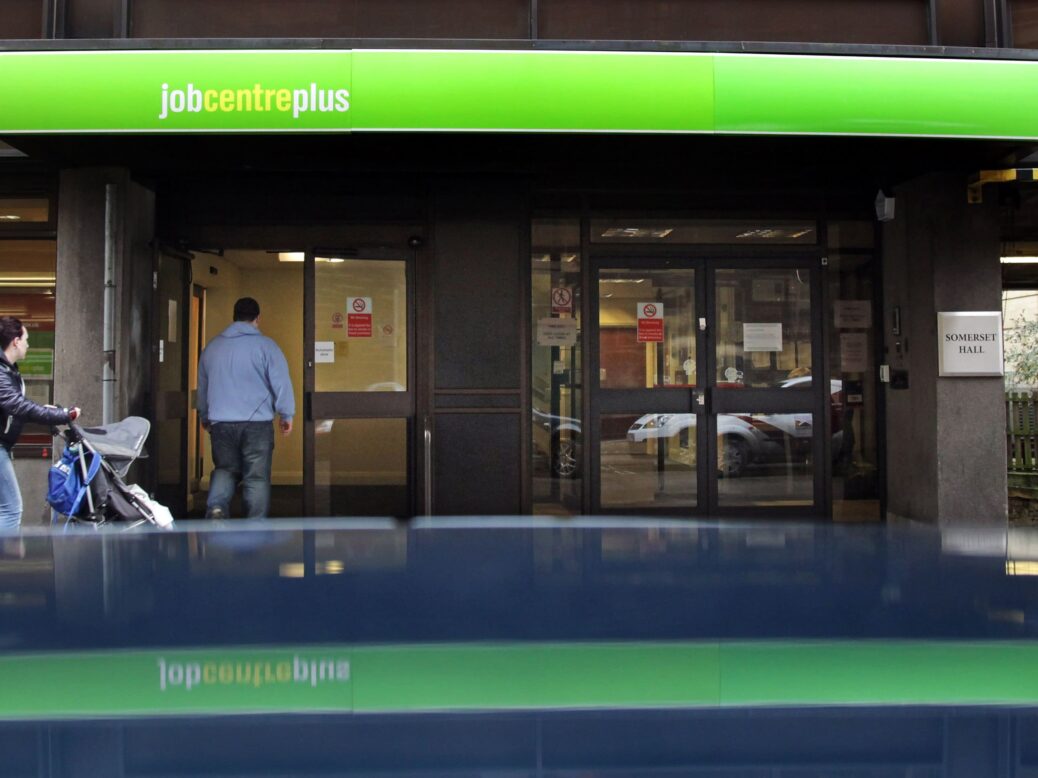
In the Spring Budget the government committed to addressing the disability employment gap by getting more disabled people into work. If the government is going to make good on this commitment it needs to look hard at one of the biggest barriers holding disabled people back from paid employment: the job search itself.
There are 1.6 million people living with complex disabilities in the UK, and while work isn’t the right outcome for everyone, many of them do want to work. With the right support, there’s no reason that they can’t. We hear from people every day who are thriving in paid work, supported by schemes such as Access to Work. However, new research from Sense shows that many people with complex disabilities are being denied at the first hurdle, the job search, because they aren’t getting the support they need to find work.
Job centres are the government’s frontline tool to help support people into paid employment. They play a vital role in helping people to look for jobs and apply for them. But half of jobseekers with complex disabilities don’t believe they’re receiving the support they need. Our research has found inadequate technology and staff training at job centres are acting as a barrier to disabled people looking to find the right job.
Nowadays, most job hunting is done online, with companies posting vacancies on online jobs boards and jobseekers requesting an online application form. But for people with complex disabilities to be able to take part in this process, they may need specialist assistive technology. This assistive technology takes many forms, including text-to-speech screen readers and braille displays, and can help people with a range of complex needs. This technology can be prohibitively expensive. One popular screen reader costs around £700 – too much for many people, especially if they’re out of work and already juggling the extra costs that are associated with having complex disabilities.
Job centres are where people should be able to turn for everything they need to look for work, but our research has found that they don’t have specialist assistive technology available. Given this dearth in vitally important technology, coupled with a lack of adequate training for frontline staff, it is perhaps unsurprising that eight in ten people with complex disabilities are unemployed.
One person who is keen to find work is Jade, who is non-verbal and registered blind. She, like many other people with complex disabilities, had a poor experience at her job centre, where she was unable to look for a job on their computers because they didn’t have the appropriate software and equipment to help her to enlarge the text. She has turned to employment support offered by Sense, where we are able to help with job applications, coaching and training.
It shouldn’t be down to charities to plug the gap left by inadequate public services, however. We want to see the government provide specialist assistive technology in its job centres through a £5m “Jobcentre Assistive Technology Fund” – a relatively low-cost change that will make a huge difference to getting more disabled people into work and closing the stubbornly large disability employment gap.
Jade’s story is not unique. We know that people with complex disabilities are having poor experiences, with many reporting bad encounters with frontline staff.
More than half of jobseekers with complex disabilities told the charity they did not feel supported by their work coach, a jobseeker’s first and main point of contact at a job centre. Given that the initial training course for work coaches doesn’t include disability equality training focused on disabled jobseekers, it’s fair to say that frontline job centre staff aren’t given the skills they need to offer the best support to disabled people. It’s vital that the Department for Work and Pensions makes sure every work coach has been trained in the barriers to work disabled people face.
Proper training and technology in job centres would make a huge difference to disabled jobseekers’ experiences, and ultimately help more people to find, apply for and secure jobs. If the government is going to make real progress on its aim to get more disabled people into work, then supporting people to apply for jobs in the first place is the perfect place to start.
Sense is the national disability charity that supports people living with complex disabilities. For more information on Sense’s employment research, visit the charity’s website here.
[See also: Don’t subject disabled people to “cruel” benefit sanctions, say charities]





